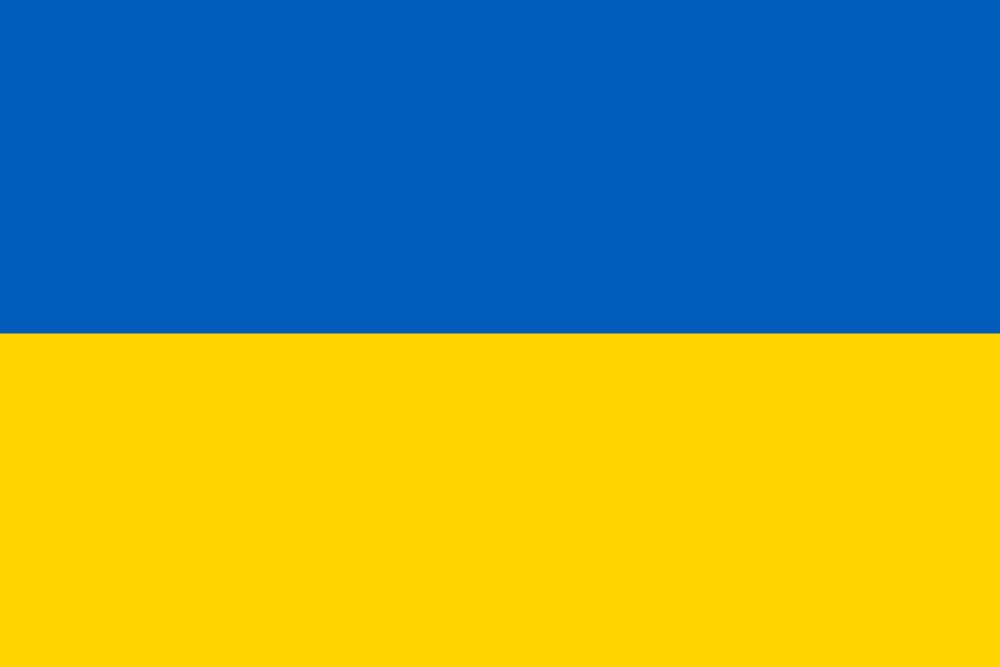Troops of the Russian Federation (hereinafter: Russia) have focused their attention on the eastern front with an aim of cutting off the supplies of Ukraine’s army and making advances in the Donetsk and Luhansk oblasts. The goal of the strategy might lie in Russia’s attempt to strengthen its hold on the border regions of the two Such an advance could potentially be followed by a referendum attempting to complete the annexation of the region. This plan has already been publicly supported by the head of the so-called Luhansk People’s Republic (LPR), Leonid Pasichnyk, as well as by other Russian politicians.
Russia is expected to attempt seizing control of the city of Slavutych with the aid of Russian troops abducted the mayor of the city for several hours on Saturday, pressing the national police to leave the town and local authorities for concessions.
The Ukrainian army has continued to launch counterattacks, particularly in the Sumy region. The army recaptured several strategically important settlements on Saturday, including Trostyanets and
Russian troops are being pushed back across the border; however, they are possibly attempting to redeploy their forces in order to prepare for assaults on Kharkiv and Luhansk oblasts. At the same time, Russian forces have put their units located near Boryspil at risk, reducing the chances of an advance on
According to news reports, more than 70 Russian rockets were launched in Ukraine over the The Ukrainian Air Defence Force shot almost 90% of them down. On Saturday, two rocket attacks on Lviv were carried out. The attacks coincided with US President Joe Biden’s speech in Warsaw and are assumed to have been attempts to underscore the power and force of the Russian troops.
Cities in eastern Ukraine continue to be subject to shelling. Targeted cities include but are not limited to Mariupol, Avdiivka (white phosphorus munitions), Krasnohorivka (cluster munitions), Toretsk, Severodonetsk, Rubizhne, Lysychansk (rocket launched from the OTR-21 “Tochka”), and Popasna. Over 4500 residential buildings, approximately 400 educational institutions, and 150 health care facilities across Ukraine have been destroyed since the beginning of the Shelling has caused forest fires that have spread across more than 24 170 acres in the Chornobyl Nuclear Power Plant Exclusion This, in turn, leads to rapid spread of radiation over neighbouring countries.
A mine planted on the Black Sea by Russian forces was seen adrift on the Bosphorus strait on Saturday causing disruptions to navigation on the naval route.
Russia has continued to aggravate the humanitarian crisis in the territories it occupies as a means of exerting pressure on the Ukrainian government and the civilian population.
Russian forces are presumed to have cut off access to Ukrainian mobile operators, radio stations, and internet providers in Kherson, Melitopol, Berdyansk, and other cities in southern Ukraine over the weekend. The assumed goal of the act was to hinder access to the Ukrainian media space.
Ukrainian fiction and history books are being confiscated from local libraries in region occupied for Russian forces.
The head of the European Solidarity faction of Kherson’s rayon council was abducted on Saturday.
Demonstrations against the Russian occupation continue in Kherson, Melitopol, Slavutych, and other cities.
Russia has continued the deportations of civilians from occupied cities to Russia and Belarus. An example
of the scale of deportations is the relocation of nearly 700 people consisting of the staff and patients of the
Mariupol city hospital Nr 1 to an unknown destination.
Despite shelling and continuous violations of ceasefire agreements, evacuations from Mariupol to
Zaporizhzhia continue. Last week, 26 5000 people fled through the humanitarian corridor leading from
Mariupol. Another 11 000 individuals have escaped from other besieged cities.
It remains difficult to assess the humanitarian situation in Chernihiv. The city remains besieged and Russian troops have destroyed a vital bridge over river of Desna.
Pro-Russian narratives spread in Russia, Crimea, and the temporarily occupied territories of the Donetsk and Luhansk oblasts remain largely the same as the ones that have been circulated during the past weeks. These narratives include claims of the liberation of Ukraine from the Nazis.
The Russian media landscape is increasingly seeing reports and messages regarding alleged crimes committed by the Ukrainian army and the so-called Ukrainian Nazis.
Footages regarding the liberation of territories in the Donetsk oblast continues to be spread by Russian actors. Active steps have also been taken to spread videos of Ukrainian soldiers mistreating Russian prisoners of war in the Kharkiv oblast.
In regions Russian authorities are organizing official rallies in support of the so-called special operation. Despite attempts, the rallies have not gained general support. Authorities in Khabarovsk, for example, sought to organize a public burning of Ukrainian flags in the city’s central square on Saturday, yet only a few turned up to see the event.
Budget-sector employees in the Lipetsk oblast have been forced to share social media posts in support of Russia’s military actions in Ukraine. According to reports, employees are expected to share 5 or more posts a day, also during the weekend.
Authorities continue to mount signs with the letters Z on governmental and municipal buildings in Crimea.
Demonstrations against the invasion of Ukraine remain sparse in Russia. Detentions of demonstrators have
been reported in Moscow, St. Petersburg, and in Crimea.
The official condemnation of artists and activists speaking against the war remains unchanged.
According to Russian researchers, anxiety regarding the deterioration of the economic situation in Russia
is increasing. Until now and according to reports, financial volatility is of greater concern for Russian citizens
than the war in Ukraine or Ukrainian civilian casualties.
Official data regarding inflation has been made available in Russia. Inflation in Crimea has been noted to
reach 10%.
The Russian government has continued to disseminate information regarding casualties among Russian
soldiers. Information regarding how to avoid conscription and deployment to Ukraine is being spread on regional levels in Russian social networks.
This Ukraine Situation Report is prepared in the framework of the project “Building Resilience in Conflict Through Dialogue” funded by the European Union


